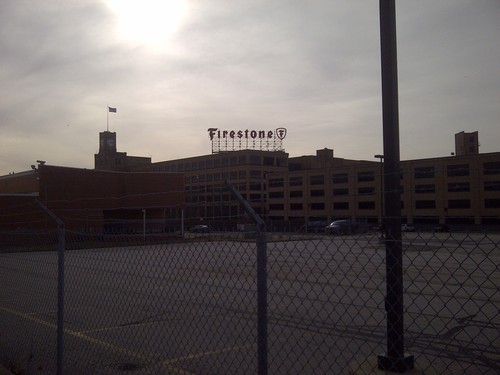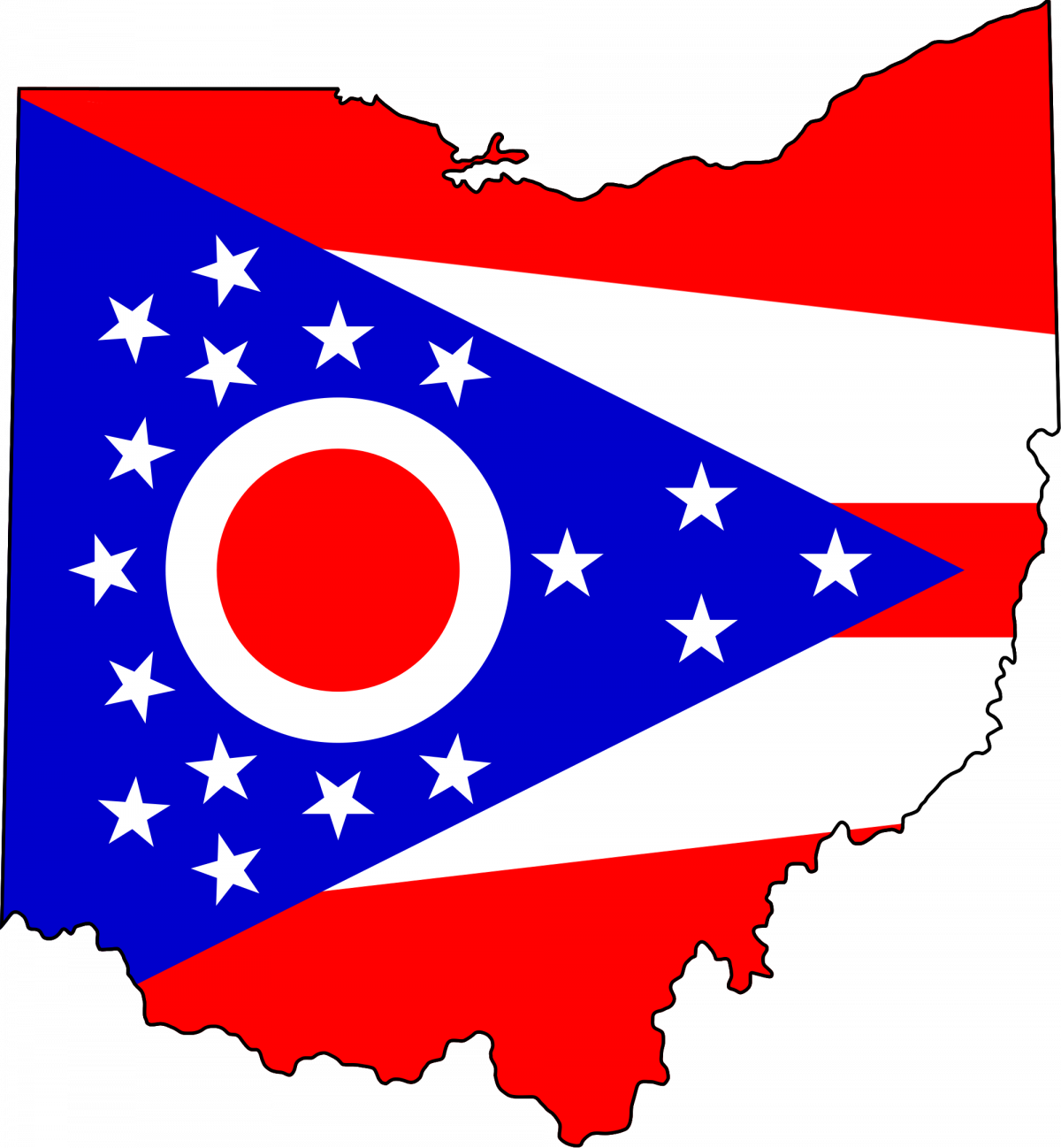

To the rest of the world, however, Auburn’s celebration of automotive heritage illustrates the unique local devotion to a revered past.

It is not exotic to those of us who grew up in the Midwest. The city of Auburn, just north of Fort Wayne, is in the Folklore Institute’s back yard. The project at hand does not wander so far afield. Previous collections have been international in scope, as with the study focusing on Hungarians in the United States, or the investigation of Spanish folk poetry in South America. While this is somewhat standard fare overall, it is unique among the folklore resources made available by the Archives so far this year. “Classics Come Home: Auburn, Cord Duesenberg” aired on WTIU Bloomington in 1982. These materials include photographs, publicity materials, and a copy of the 1982 documentary Classics Come Home: Auburn, Cord, Duesenberg, which was a collaboration of the Indiana University Folklore Institute and Radio and Television Services. Though the factories are gone now, their sleek products remain the showpieces of the festival’s parade and car shows.Ī new collection from University Archives and Records Management focuses on the Auburn, Cord, Duesenberg Festival. Every August, crowds in the hundreds of thousands travel to Auburn to admire the classic cars–the Cord, the Duesenberg, and the namesake Auburn–that were manufactured there in the early twentieth century. Their Auburn, Cord, Duesenberg Festival is an annual celebration of local automotive history, and it is a benchmark on the civic calendar. The people of Auburn, Indiana, are masters at this. One way of holding on to optimism in hard times is to pull the greatness of the past into some form of public display in the present. Barbara Yant speaks to an IU film crew at the Auburn, Cord, Duesenberg Festival in Auburn, Indiana.


 0 kommentar(er)
0 kommentar(er)
